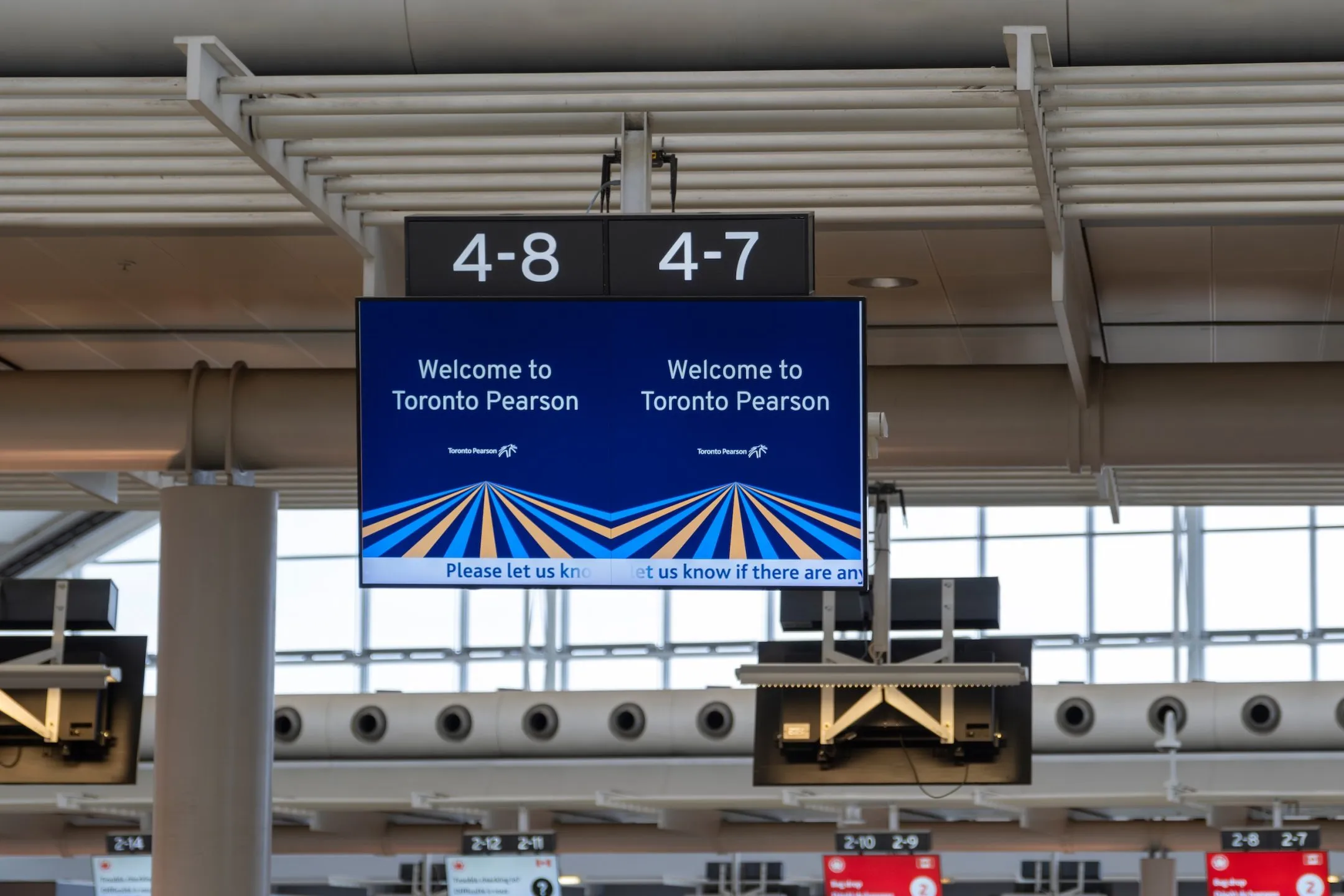This blog is part two of a three-part series called ‘Employment for Foreign Workers’. You can view part one here.
As a temporary foreign worker in Canada, it is important to understand your protections under Canadian labour laws.
Temporary foreign workers are afforded equal (and in some cases superior) protection to those of Canadians and permanent residents of Canada. This includes protection in a range of areas, such as those relating to occupational health, human rights, and termination of employment. Knowing your rights can help to protect you in a range of circumstances, including if you are fired by your employer and should be entitled to damages in relation to wrongful dismissal.
The following is accordingly intended to address various protections provided to temporary foreign workers.
HEALTH, SAFETY AND PROTECTION FROM DISCRIMINATION
All workers in Canada, including temporary foreign workers, have the right to a safe and healthy workplace. More specifically, Canada has various laws to protect workers from unsafe and/or discriminatory working conditions including, but not limited to, the following:
- Human Rights Code;
- Occupational Health and Safety Act (“OHSA”); and
- Workplace Safety and Insurance Act (“WSIA”).
While some jobs may have more inherent risks than others, these laws and regulations are in place to protect the safety of all employees.
If, for example, an employer requests that you complete dangerous work, you have the right to refuse to do it on the basis that it could pose a risk to your safety and/or health. If you and your employer do not agree that the work is dangerous, you can continue to refuse to complete the work until a provincial official from the workplace health and safety office confirms that it is safe.
Your employer cannot fire you or refuse to pay you for refusing to work, and depending on the circumstances, dismissing you may result in a finding of reprisal and entitle you to significant damages.
Employers are also not permitted to act in a manner that is discriminatory and/or harassing on any human rights grounds, whether it be race, religion, gender etc. If an employer is found to have discriminated against and/or harassed an employee on these bases, it can result in a range of orders including reinstatement to your position (if you were fired), monetary damages, and direct actions to remove the source of human rights violation.
INJURIES AT WORK
If you have an accident or otherwise sustain an injury at work, you may be eligible for either workers’ compensation (i.e., medical or wage benefits) or private coverage (through employer-provided benefits).
Further, if you do not yet qualify for a public health care plan, it is important to ensure that your employer provides you with private health insurance until you are eligible for coverage. This can help to avoid unintended expenses relating to health care.
BENEFITS OF AN EMPLOYMENT CONTRACT
An employment contract is a legally binding document that details various components of the working conditions that both you and your employer have agreed to, and must respect for the duration of your employment, including but not limited to:
- Details about the specific job duties;
- Details in relation to incentive compensation;
- Protection in relation to termination of employment; and
- Specifics relating to the conditions of employment.
While employees (and temporary foreign workers) are generally not required to have a formal employment contract with their employer, it is often advisable to have one in place. This is because a contract can help to provide certainty regarding the rights and obligations of both parties. It can also help to reduce the chance of a protracted conflict in the event of a dispute.
RIGHTS UPON TERMINATION OF EMPLOYMENT
The law provides financial protection to employees who have been dismissed while they seek alternative employment. Specifically, employees who are fired are entitled to sufficient notice (or pay in place of notice) to find another job. The amount of protection depends on a range of factors including the individual’s age, position, and years of service.
The courts have indicated that foreign workers may be entitled to additional payments if they are on an employer-restricted work permit. This is because individuals who are not legally authorized to work for any employer will likely have a more difficult time in secure alternative employment. For this reason, it is advisable for foreign workers to review their rights upon termination to ensure that they are provided with their full entitlements.
ACCOMMODATIONS FOR TEMPORARY FOREIGN WORKERS
The right to employer-supported accommodation depends on a range of factors, including the specific occupation and your wage level. For example, if you are hired as a temporary foreign worker at a wage level that is below the median wage level for the specific province, your employer must take additional steps including the following:
- Ensuring that suitable and affordable accommodation is available;
- Providing you with suitable accommodation at a price that you can afford; and/or
- Offering you accommodation in their primary residence.
It is important to note, however, that if you are hired as a live-in caregiver in your employer’s primary residence, they cannot charge you for your rent or meals. Additionally, they must provide you with a private, furnished bedroom that:
- Has a lock and a safety bolt on the inside, as well as a window; and
- Meets safety standards of the municipality and the province/territory.
Further, if you are hired temporarily as a farm worker under the Seasonal Agricultural Worker Program or the Agricultural Stream, your accommodation details should be found within your employment contract (i.e., the signed agreement by you and your employer).
If you are a foreign worker with questions about your protections while working in Canada whether in relation to being fired, harassment, or wrongful dismissal, or if you are an employer and have questions about protecting your employees, please contact Toronto employment and immigration lawyers Sultan Lawyers at 416-214-5111 or here.
Your Case: Our Priority.
At Sultan Lawyers PC, we are the only firm specializing exclusively in employment and immigration law. Whether your case is straightforward or complex, we have the experience and commitment to achieve the best possible outcome. Trust us to navigate the toughest challenges with you.



